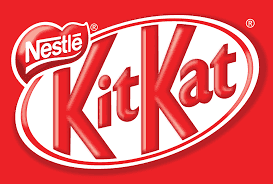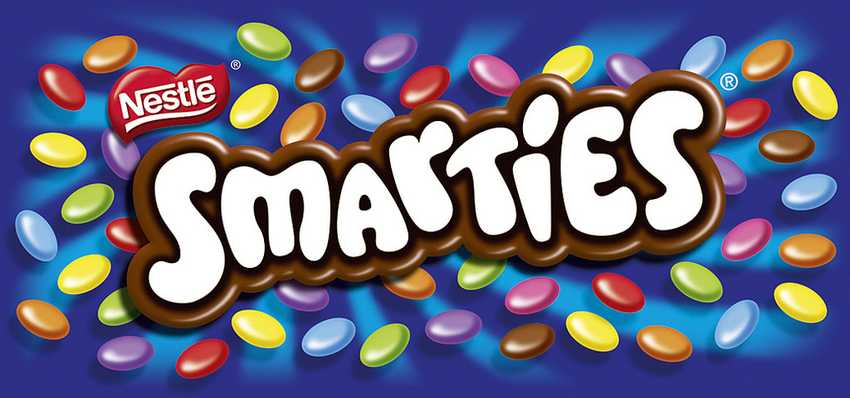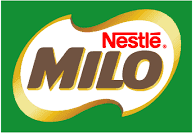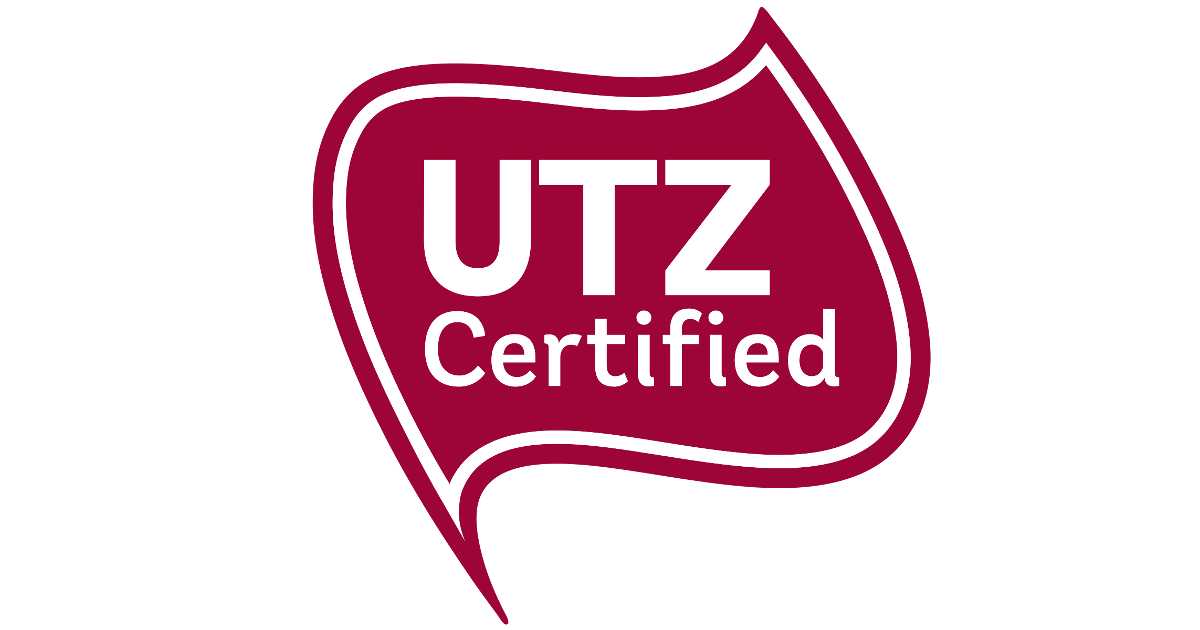I’ve long been a supporter of fair trade*: I want the people who produce the goods I use to:
- have been paid a decent wage;
- be working without coercion;
- not be children**;
- not be being exposed to poisons without suitable protection.
UTZ is a new-ish certification that meets these criteria.

* I refer in this post to both fair trade and Fairtrade™ - the first is the concept, the second is a certification system. Confusing, but there you are.
**the International Labour Organisation makes a distinction between ‘child labour’ and ‘child work’. ‘Child work’ is work that doesn’t interfere with their education or affect their health - like the paper run I did as a kid. ‘Child labour’ is work that goes beyond that. I’m OK with ‘child work’, but not ‘child labour’.
I know that if I buy goods with the Fairtrade™ logo or buy my goods from Trade Aid, then they will meet those conditions.

(Update from 2018 - the Fairtrade Sourced Programs are fairly new - they now have cocoa, sugar and cotton programmes, all with the slightly washed-out logo you see at the right. This means that the named ingredient is Fairtrade certified, but not the other ingredients in the product.)
What about ”UTZ certified”? A new-ish certification used mostly for cocoa, coffee and tea.

UTZ removes two issues that I think are barriers to the greater uptake of Fairtrade™:
- the producers of the goods don’t have to be a co-op: they can be a normal company;
- you can advertise that one of the ingredients in the product is ‘UTZ certified’ even if the others aren’t. (Update from 2018: Fairtrade now also has this possibility, through the Fairtrade Sourced cocoa, cotton and sugar programmes)
In a market-based economy such as our own, co-ops are a rarity but we still manage to have rules that ensure labour conditions aren’t too bad. Why should we insist on co-ops for cocoa producers rather than simply requiring decent labour conditions?
Requiring the whole product to be made of Fairtrade™ ingredients (should they exist) makes it quite difficult to migrate to Fairtrade™. Kiwi chocolate manufacturers frequently cite having to use Fairtrade™ sugar as a major barrier to converting their range to Fairtrade™. And why should they? Sugar grown in Queensland (their current main source of supply) is surely grown without coercion, child labour or unsafe use of pesticides, so what is the logic in having to by-pass it to bring in Fairtrade™ sugar from Costa Rica?
Of course, chocolate-makers could simply use Fairtrade™ cocoa on ethical grounds, but there would be no way for them to advertise that they were doing so and hence no market incentive for it.
Or, they could do what KitKat has done globally and use UTZ-certified cocoa. This doesn’t give them a prominent FaitTrade™ label on the front, but it does give them a sizeable UTZ flag on the ingredients list - quite easy to spot if you’re looking for it.
So, is UTZ any good??
On the whole, I think it is. I think that workers on a Fairtrade™ plantation are likely to have better working conditions than those on a UTZ-certified plantation (because they have access to a Fairtrade™ premium and earn a guaranteed minimum price for their produce), but I think that the working conditions for workers on the UTZ plantation will be good enough.
A UTZ-certified farm must comply with the following conditions:
- Application of national laws and ILO conventions regarding wages and working hours, including the living wage concept for individual farms*;
- No forced labour or child labour;
- Freedom of association and collective bargaining;
- Safe and healthy working conditions, including:
- Protective clothing for work with chemicals;
- Safety training of workers in their own language.
- Gender equality;
- No discrimination;
- Freedom of cultural expression;
- Access to education for children;
- Access to decent housing, clean drinking water and health care for workers and their families.
*They further expand on what is meant by the living wage concept in general terms here and in more detail here. Basically it means that the workers must receive sufficient compensation to be able to access decent housing, food, transport and other essential needs such as health, education and water. Frankly, this is a lot better than what many workers in New Zealand receive.
These conditions seem to mean that a UTZ-certified ingredient has been produced by people who have been treated well in the terms I outlined at the beginning of this post. However, it’s not 100% clear to me whether workers growing UTZ-certified ingredients will have earned a decent wage: unlike the other conditions, the living wage condition is only required to be achieved “within a reasonable period of time” (source). That’s not necessarily unreasonable, but, given that UTZ is a pretty non-transparent certification, it does make me a little nervous.
Not requiring farms to be co-ops, though, makes the pathway for moving from ‘regular trade’ to fair trade much clearer under UTZ than Fairtrade™, meaning that there is probably a much wider scope for uptake. For example, Haigh’s chocolates in Australia were recently able to move to UTZ cocoa without changing their suppliers - surely a win for those workers.
So, in the future, if products we want are available from TradeAid or under the Fairtrade™ logo, I think Martin and I will preferentially buy those. They seem to be better certifications. However, if products we want aren’t available that way but are available using UTZ-certified cocoa, coffee, tea* or bananas (the things we buy exclusively fair trade), then we’ll be comfortable buying them. UTZ is good enough for us.
* for tea, we actually usually buy Dilmah - we trust their ethical claims.
So, what fair trade possibilities does that open up for us?
In New Zealand, UTZ-certified cocoa is currently used in Nestle Kit-kats, smarties and aero bars, Countdown Select Gold chocolate blocks and milo. I’m definitely looking forward to eating smarties again - and a small range of actual chocolate bars :-)
A full list of products that we are aware of that use fairly traded cocoa (both UTZ and Fairtrade) is here. The official UTZ list is woefully out of date, so we’ll try to keep ours updated as we are able.





